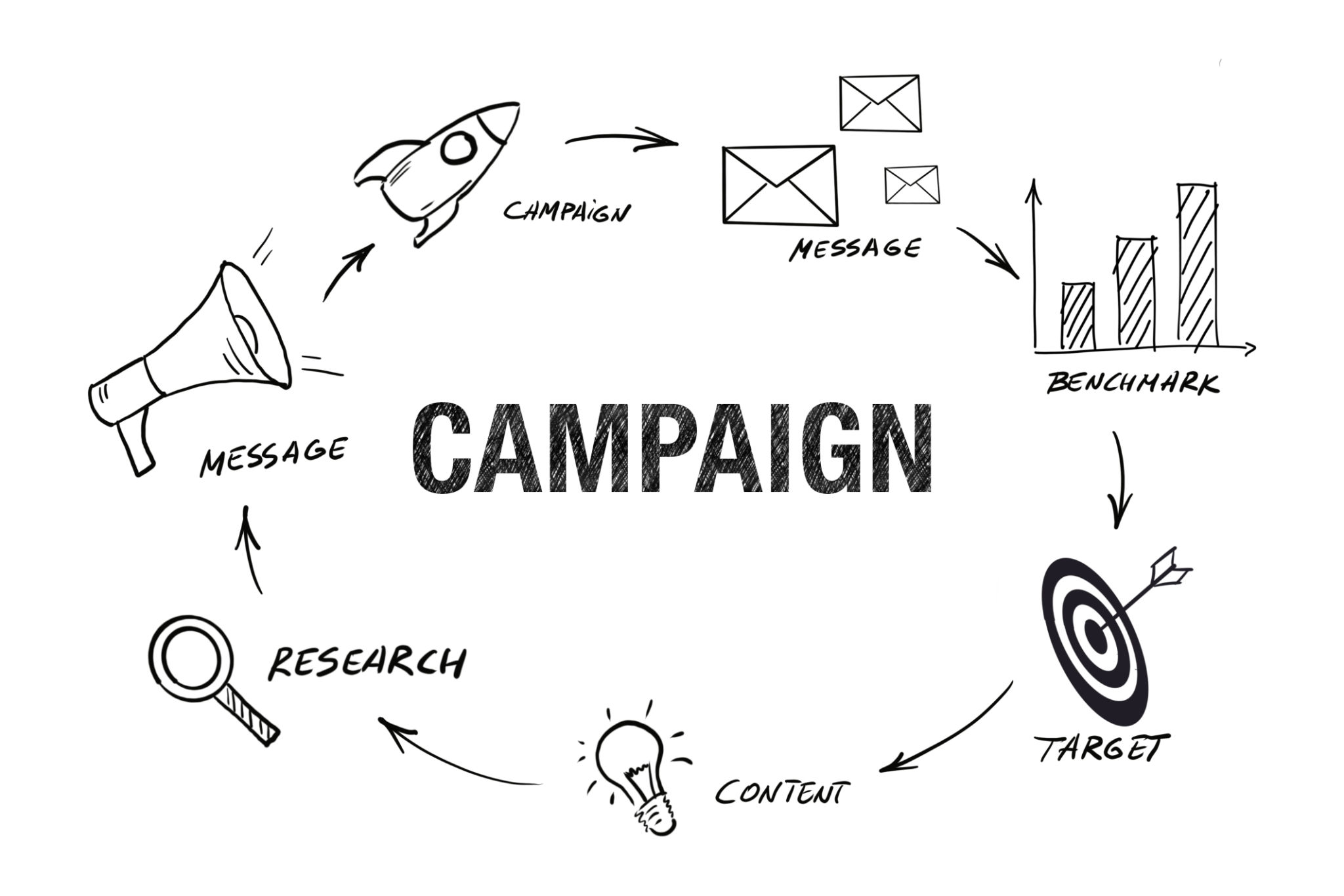Digital Marketing Demystified: Navigating the Modern Business Landscape
Table of Contents
- Introduction to Digital Marketing
- The Foundations of SEO
- Mastering Search Engine Marketing (SEM)
- Content Creation: The Heart of Digital Marketing
- Social Media Marketing: Engaging Your Audience
- Integrating Different Digital Marketing Channels
- Measuring Success in Digital Marketing
- Conclusion: Embracing the Digital Future
Introduction to Digital Marketing
In today's interconnected world, digital marketing has become an essential part of any business strategy. Whether you're a small local business or a multinational corporation, understanding and implementing effective digital marketing techniques can make the difference between success and obscurity in the online marketplace.
Digital marketing encompasses a wide range of online promotional activities, including search engine optimization (SEO), content creation, social media marketing, and paid advertising. By leveraging these tools, businesses can reach their target audience more effectively, build brand awareness, and drive conversions.

The Foundations of SEO
Search Engine Optimization (SEO) is a cornerstone of digital marketing. It involves optimizing your website and online content to rank higher in search engine results pages (SERPs) for relevant keywords. Here are some key aspects of SEO:
- Keyword Research: Identify the terms and phrases your target audience is searching for.
- On-Page Optimization: Optimize your website's content, meta tags, and structure.
- Technical SEO: Ensure your website is fast, mobile-friendly, and easily crawlable by search engines.
- Link Building: Acquire high-quality backlinks from reputable websites.
Implementing these SEO strategies can significantly improve your website's visibility and organic traffic.
Mastering Search Engine Marketing (SEM)
While SEO focuses on organic search results, Search Engine Marketing (SEM) involves paid advertising on search engines. Google Ads is the most popular platform for SEM, allowing businesses to display ads at the top of search results for specific keywords.
To create an effective SEM campaign:
- Choose relevant keywords with high search volume and reasonable competition.
- Write compelling ad copy that includes your target keywords.
- Create landing pages that are optimized for conversions.
- Set a budget and bid strategy that aligns with your marketing goals.
- Continuously monitor and adjust your campaigns for optimal performance.
SEM can provide quick results and valuable insights into your audience's search behaviour. It's often used in conjunction with SEO for a comprehensive search marketing strategy.
Content Creation: The Heart of Digital Marketing
Content is the fuel that powers digital marketing efforts. High-quality, relevant content attracts and engages your target audience, builds trust, and improves your search engine rankings. Some effective content types include:
- Blog posts
- Infographics
- Videos
- Podcasts
- eBooks and whitepapers
- Case studies
When creating content, focus on providing value to your audience. Address their pain points, answer their questions, and offer unique insights. Use a content calendar to plan and organize your content creation efforts, ensuring a consistent flow of fresh, relevant material.

Social Media Marketing: Engaging Your Audience
Social media platforms offer powerful tools for connecting with your audience, building brand awareness, and driving traffic to your website. To succeed in social media marketing:
- Choose the Right Platforms: Focus on the social networks where your target audience is most active.
- Develop a Consistent Brand Voice: Create a unique personality for your brand that resonates with your audience.
- Create Engaging Content: Share a mix of promotional and valuable, non-promotional content.
- Interact with Your Followers: Respond to comments, messages, and mentions promptly.
- Use Social Media Advertising: Leverage paid social ads to reach a wider audience and drive specific actions.
Remember that each social platform has its own best practices and audience expectations. Tailor your approach to each platform while maintaining a consistent overall brand message.
Integrating Different Digital Marketing Channels
While each digital marketing channel has its strengths, the real power comes from integrating them into a cohesive strategy. Here's how you can combine different channels:
- Content Marketing + SEO: Create high-quality content optimized for search engines.
- Social Media + Content Marketing: Share your content on social platforms to increase reach.
- Email Marketing + Content Marketing: Use your best content to nurture leads through email campaigns.
- PPC + Content Marketing: Drive traffic to your best content through paid ads.
- SEO + PPC: Use PPC data to inform your SEO strategy and vice versa.
By integrating these channels, you create a more robust and effective digital marketing strategy that leverages the strengths of each approach.
Measuring Success in Digital Marketing
To improve your digital marketing efforts, you need to measure their effectiveness. Key performance indicators (KPIs) to track include:
- Website traffic
- Conversion rates
- Engagement metrics (likes, shares, comments)
- Click-through rates (CTR)
- Return on investment (ROI)
Tools like Google Analytics, social media insights, and marketing automation platforms can help you track these metrics. Regularly analyze your data to identify areas for improvement and adjust your strategy accordingly.

Conclusion: Embracing the Digital Future
Digital marketing is a dynamic field that continues to evolve with new technologies and changing consumer behaviours. By mastering the fundamentals of SEO, SEM, content creation, and social media marketing, and integrating these channels into a cohesive strategy, businesses can effectively reach and engage their target audience in the digital space.
Remember that successful digital marketing requires ongoing learning and adaptation. Stay informed about industry trends, experiment with new tactics, and always prioritize providing value to your audience. With dedication and the right approach, you can create a powerful digital marketing strategy that drives growth for your business.
Are you ready to take your digital marketing efforts to the next level? Start by assessing your current strategy and identifying areas for improvement. Then, develop a plan to implement the techniques discussed in this guide. With persistence and creativity, you can achieve remarkable results in the digital marketplace.
